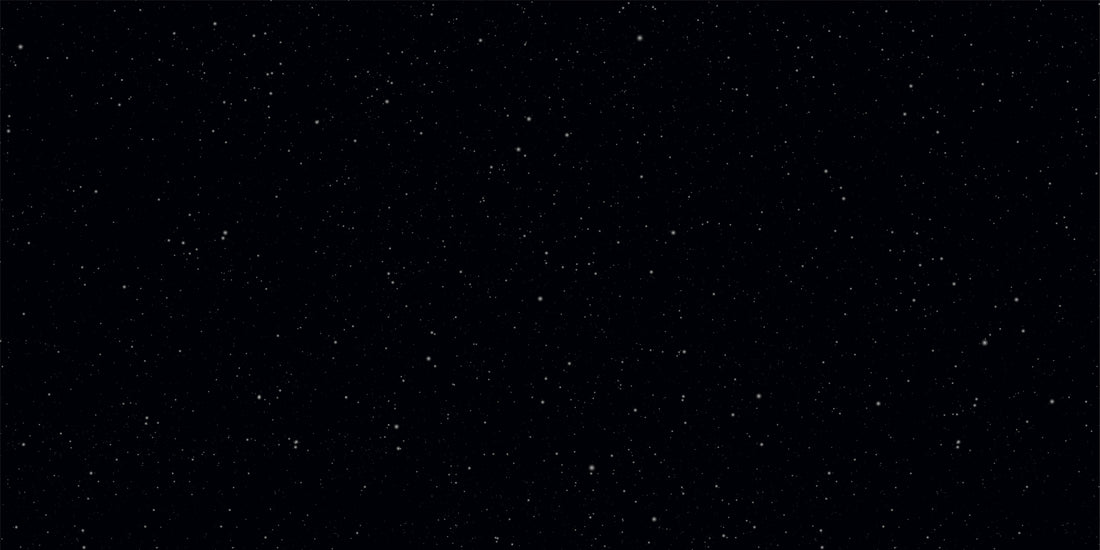
The Role of Darkness in Quality Sleep
Share
Here are some key factors explaining the science behind why darkness helps with sleep:
-
Melatonin Production: Melatonin is a hormone produced by the pineal gland in the brain and plays a crucial role in regulating our sleep-wake cycle. Exposure to natural light during the day and the absence of light at night trigger the release of melatonin. Darkness signals to the body that it's time to produce melatonin, which makes you feel drowsy and prepares you for sleep.
-
Circadian Rhythms: Our bodies have an internal biological clock known as the circadian rhythm. This rhythm is influenced by external cues like light and darkness. Exposure to bright light, especially in the evening, can disrupt this rhythm by suppressing the release of melatonin, making it harder to fall asleep. Conversely, darkness at night helps reinforce the circadian rhythm and promotes better sleep.
-
Suppression of Arousal Signals: Darkness helps reduce environmental cues that may keep you awake or alert. When it's dark, you are less likely to engage in stimulating activities or check electronic devices that emit blue light, which can interfere with sleep. This reduction in external stimuli allows your brain to wind down and prepare for rest.
-
Temperature Regulation: Darkness tends to coincide with cooler nighttime temperatures, which can promote better sleep. The drop in temperature during the night is another natural cue that signals to your body that it's time to sleep.
-
Protection Against Sleep Disturbances: Darkness can also help protect against sleep disturbances caused by light pollution. Exposure to artificial light at night, such as streetlights or electronic screens, can disrupt sleep by tricking the body into thinking it's still daytime. Creating a dark sleeping environment minimizes the risk of these disruptions.
-
Dream State Enhancement: Rapid eye movement (REM) sleep, which is the stage of sleep associated with vivid dreaming, often occurs during the latter half of the night. Dark environments can contribute to more vivid dreams, as there are fewer external stimuli to disrupt this stage of sleep.
So, creating a dark and quiet sleeping environment is essential for quality sleep and overall well-being. But whether you're sleeping at home or at a friend's, in a hotel or in a hostel, oftentimes, this is out of your control. Unless you have Dēp Slēpwear - the built-in sleep mask blocks light and muffles sounds, and the sweat-wicking material throughout helps create the ideal environment for sleep wherever you are.
